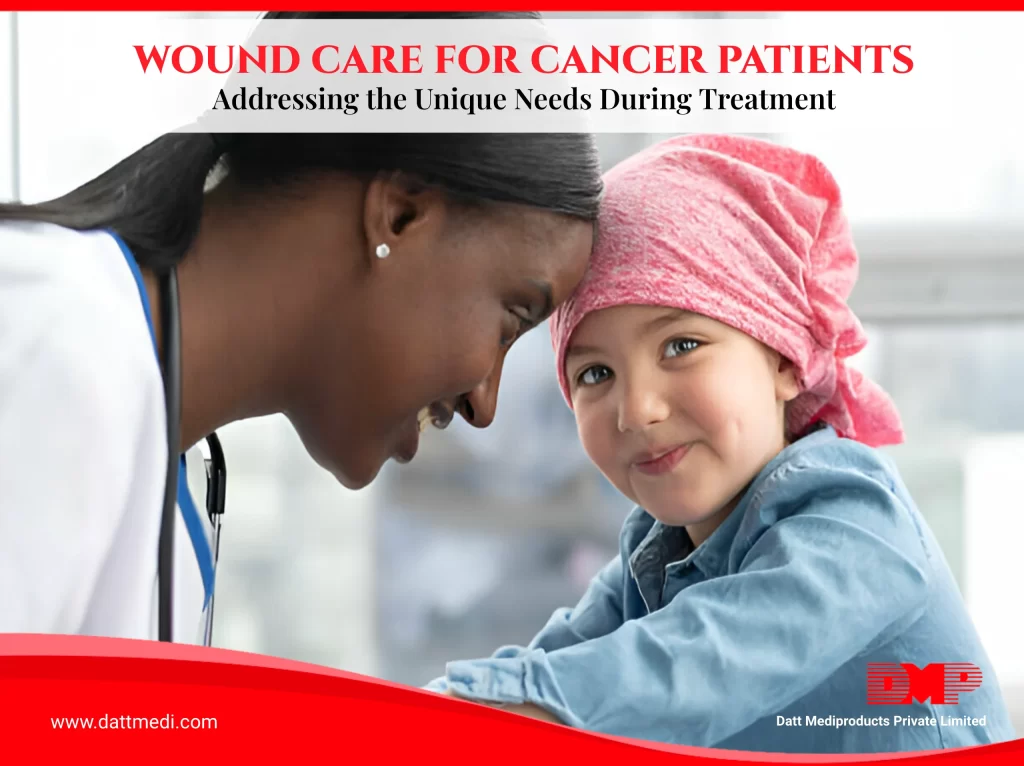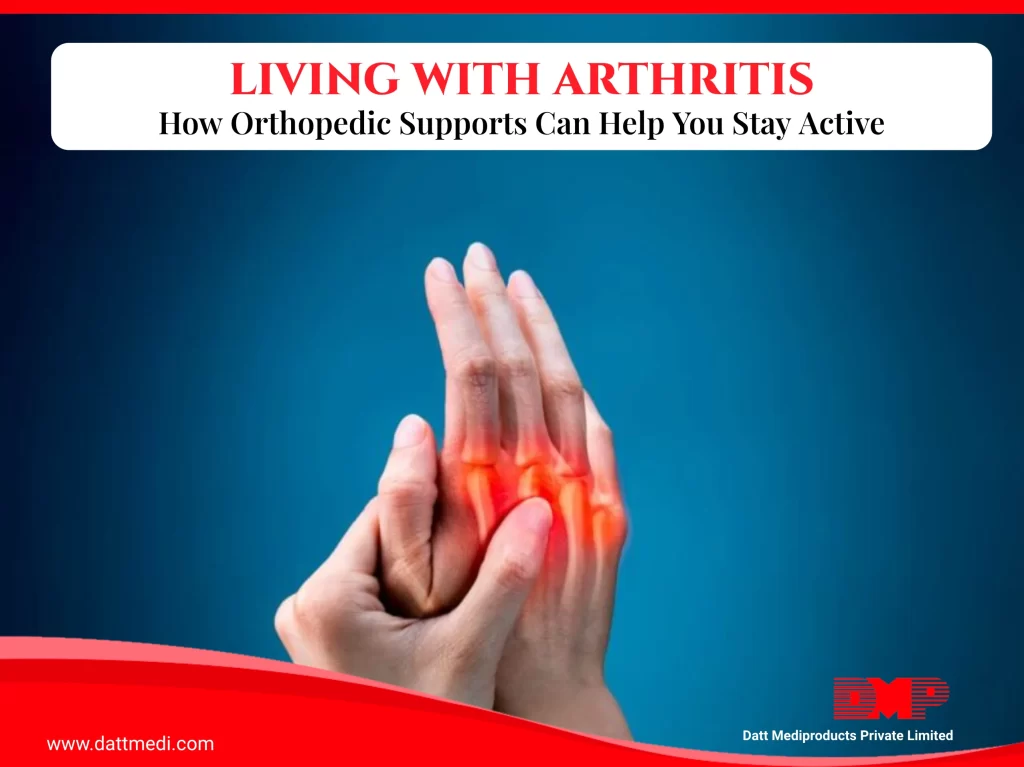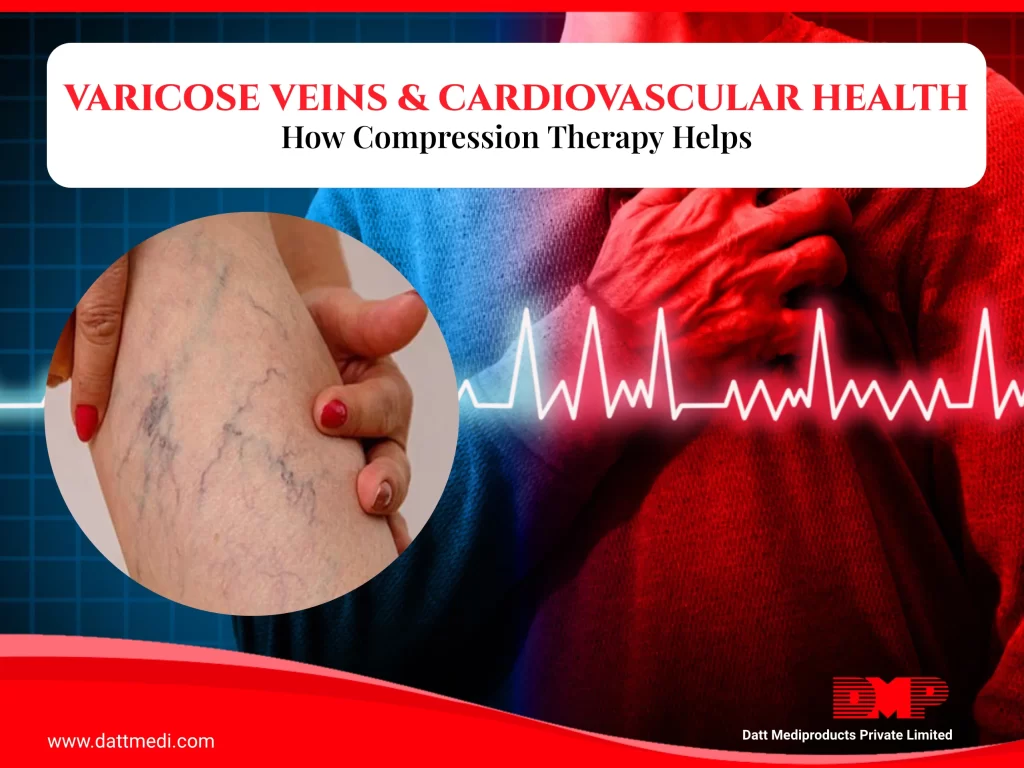
Cancer treatments, including chemotherapy, radiation, and surgery, are essential for combating the disease but often pose significant challenges to wound healing. Understanding these impacts and managing wounds effectively is crucial for patients, caregivers, and healthcare professionals. This blog provides insights and recommendations for effective wound care in cancer patients.
Impact of Cancer Treatments on Wound Healing:
Chemotherapy and radiation therapy, while targeting cancer cells, also damage healthy tissues especially rapidly dividing Keratinocytes along with Fibroblasts, Melanocytes, Endothelial cells & Immune cells, delaying wound healing. Surgery can result in complex wounds needing specialized care.
Common Wounds in Cancer Patients:
Cancer patients may have surgical wounds, radiation-induced skin reactions, and wounds from intravenous catheter sites. Advanced cancer patients may develop pressure ulcers due to immobility.
Managing Radiation-Induced Skin Reactions:
Radiation therapy can cause skin reactions from mild redness to severe ulceration. Management includes gentle skin care, prescribed topical treatments, avoiding sun exposure, and wearing loose clothing.
Chemotherapy and Wound Healing:
Chemotherapy reduces the immune response and interferes with cellular repair, impairing wound healing. Patients should be monitored for infection and delayed healing, with an emphasis on optimal nutrition and hydration.
Post-Surgical Wound Care:
Proper care involves keeping wounds clean and dry, changing dressings regularly, using sterile dressings and monitoring for any signs of infection. Adhering to healthcare provider instructions is essential.
Infection Prevention:
Strict hygiene practices, sterile wound care products, and prompt treatment of infection signs are crucial, as cancer patients often have compromised immune systems.
Tailoring Wound Care Products:
Sensitive skin due to cancer treatments requires hypoallergenic dressings, silicone-based products, and gentle adhesives to minimize irritation.
Nutritional Support:
A diet rich in protein, water, minerals, vitamins A and C, and zinc supports tissue repair and immune function. Collaboration with a dietitian ensures adequate nutrient intake as nutrition goals differ as per the cancer type, its stage and other medical conditions.
Pain Management:
Effective pain management in cancer patients includes a combination of medications such as analgesics, topical anesthetics, and non-pharmacological methods like relaxation techniques, gentle massage, acupuncture, cognitive therapy etc.
Psychological Support:
Emotional support, counselling, and mental health services help patients cope with cancer and its treatments, contributing to better wound healing.
Multidisciplinary Care Teams:
Collaboration among oncologists, wound care specialists, nurses, dietitians, and mental health professionals ensures comprehensive care tailored to patient’s needs.
Caregiver Recommendations:
Caregivers should maintain a clean environment, follow wound care protocols, ensure proper nutrition, provide emotional support, and recognize infection signs.
Effective wound care for cancer patients requires a holistic approach, addressing the unique challenges posed by cancer treatments. By understanding the impacts of these treatments on wound healing and implementing comprehensive care strategies, we can significantly improve patients’ quality of life and recovery outcomes. Through multidisciplinary collaboration, meticulous care, and robust support systems, we can navigate the complexities of wound care in cancer treatment and ensure optimal healing.



